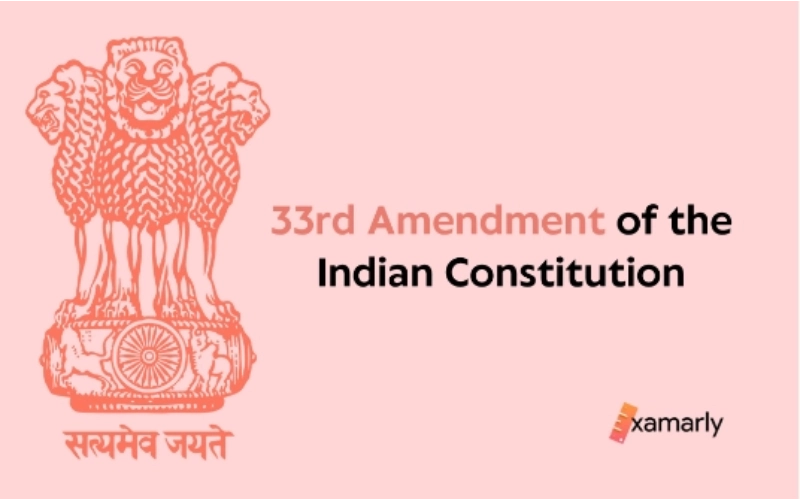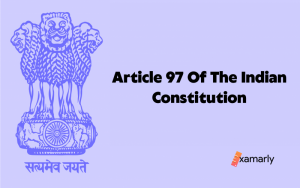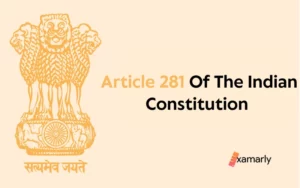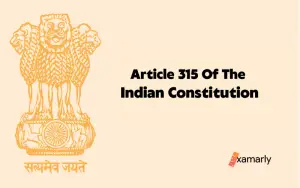The 33rd Amendment of the Indian Constitution 1974 makes certain changes to the constitution by amending Articles 101 as well as 190. The 33rd Amendment details the process through which members of the House of Representatives or State Legislators may resign from their positions.
Additionally, it outlines the circumstances under which the Speaker or Chairman may accept or reject their resignation.
Let us study in detail the 33rd amendment of the Indian Constitution and learn the reason behind this amendment. Also, explore what has been changed or introduced in Articles 101 and 190 respectively.
What is the 33rd Amendment of the Indian Constitution?
33rd amendment of the Indian Constitution amended Articles 101 and 190 of the Indian Constitution. This was done to specify the steps that must be taken for state and federal legislators to resign, as well as the steps that must be taken for the speaker of the house to confirm and accept a resignation.
The Constitution (Thirty-third Amendment) Act was passed as a result of the abovementioned reasons annexed to the Constitution Bill. It came into action in the year 1974.
The 33rd Amendment Act was first tabled as (Thirty-fifth Amendment) Bill, 1974. President approved this bill on 19th May 1974 and hence 33rd Amendment of the Indian Constitution came into effect on the same day.
Relatable Article: Also, read about the Powers and Functions of Lok Sabha and Rajya Sabha from the linked article.
Objects and Reasons
A member of either the House of Parliament or the House of the Legislature of a State may resign from office by writing a letter under his own handwriting to the Speaker or the Chairman, as the occasion may be, in accordance with Articles 101(3)(b) and 190(3)(b) of the Constitution.
Coercive tactics have occasionally been used in recent history to force members of a Legislative Assembly to withdraw from their positions. The ability of legislatures to operate in line with the Constitution’s provisions may be hampered if this is left unchecked.
Therefore, it is suggested to alter the aforementioned two articles to include a requirement for the Speaker or Chairman to accept the resignation and to stipulate that they are not required to do so if they determine, after conducting whatever inquiry they deem necessary, that the resignation is not genuine or voluntary.
The Act sought in achieving the stated goal.
Constitutional Provisions
Section 2 makes sure to change Article 101 (3) of the Constitution. It adds a proviso at the conclusion of article 101(3) and replaces the existing subclause (b) with a new subclause.
According to the new article 101(3)(b), a member of either House of Parliament may resign from office by writing a letter in his own handwriting to the Chairman or Speaker, as applicable, and if the letter is accepted by the Chairman or Speaker, as applicable, the member’s seat would then become empty.
In addition, if any of the aforementioned resignations occur, the Chairman or Speaker, as the instance may be, will refuse to accept such resignation if, after receiving information or otherwise, and following the investigation as he deems appropriate, he is of the opinion that this resignation is not honest or voluntary.
Section 3 makes amendments, similar to those made by section 2 above, in clause (3) of article 190 of the Constitution, which deals with the vacation of a seat on account of resignation by a member of a House of the Legislature of a State.
Conclusion
The 33rd Amendment specifies the methodology of how the members of the House of Parliament or of the State Legislators will withdraw their membership. It also specifies on what grounds Speaker/ Chairman can accept or refuse their resignation.






